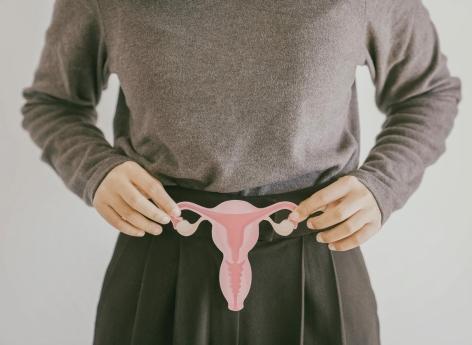A new study has found nervous system receptors that cause pain in functional bowel disease that may lead to the development of therapies to treat the condition.
-1571408330.jpg)
Problems related to functional colopathy may become a distant memory. Flinders University researchers (Australia) have identified the nervous system receptors responsible for this disease, as well as a possible link between itchy skin and intestinal pain. With their findings, they hope to develop a therapy capable of treating the 11% of the world’s population suffering from functional colopathy.
Researchers from SAHMRI (South Australian Health and Medical Research Institute), located in Adelaide, South Australia, have discovered that receptors that trigger skin itch also exist in the human gut and activate neurons that lead to functional colopathy. They also figured out that these “itch” receptors are more likely to be present in people with this condition than in healthy ones, which means more neurons are activated and cause a feeling of pain.
Soon new ways to treat functional colopathy
Professor Stuart Brierley, from the National Health and Medical Research Council (NHMRC) and Matthew Flinders, his gastrointestinal neuroscience research partner, say the discovery may offer another way to target the cause rather than just treating the symptoms by prescribing opioids.
According to them, it will not be long before people with functional colopathy can take an oral medication and get rid of this disease. Researchers point out that people with this syndrome experience rewiring of the nervous system, which creates the pain, when in reality it shouldn’t. Pain is triggered when itch receptors and TRPA1 receptors (also called wasabi receptor) in the nervous system react together.
The team of researchers began by wondering how the nerves in the gut fire to cause pain, in order to find potential solutions. According to Professor Brierley, director of the Visceral Pain Research Group at SAHMRI, “Pain is triggered when itch receptors and wasabi receptors in the nervous system respond to certain foods.”
With the new discovery at hand, scientists can now find ways to block these receptors and thus prevent the “gut itch” signal from traveling from the gut to the brain. “It will be a much better solution than the problems currently posed by opioid treatments,” concludes Professor Brierley.
.

















